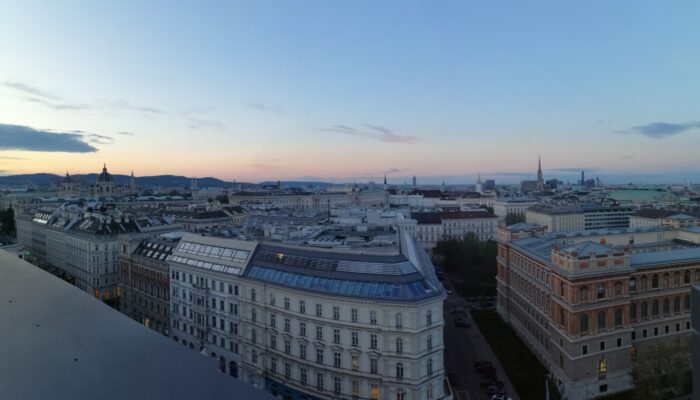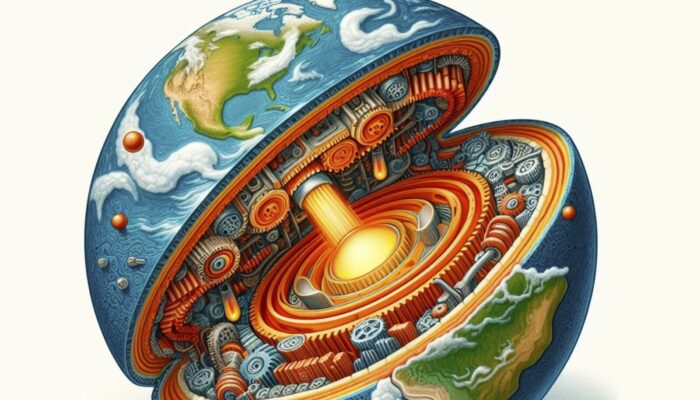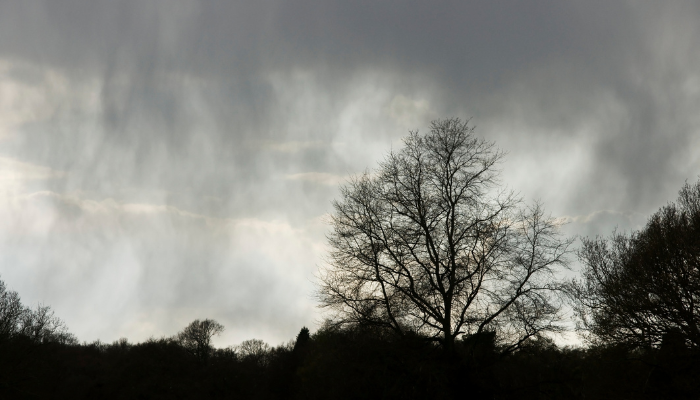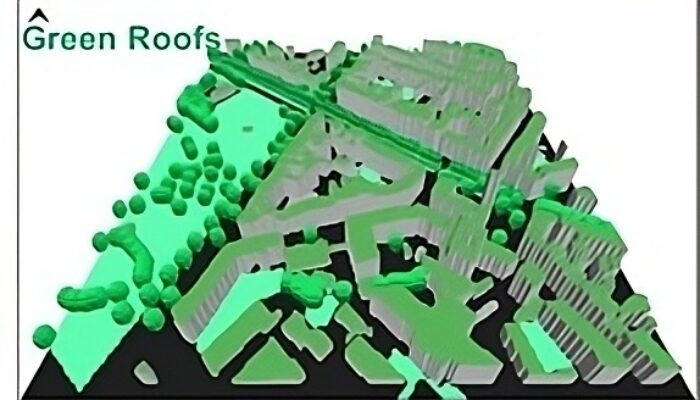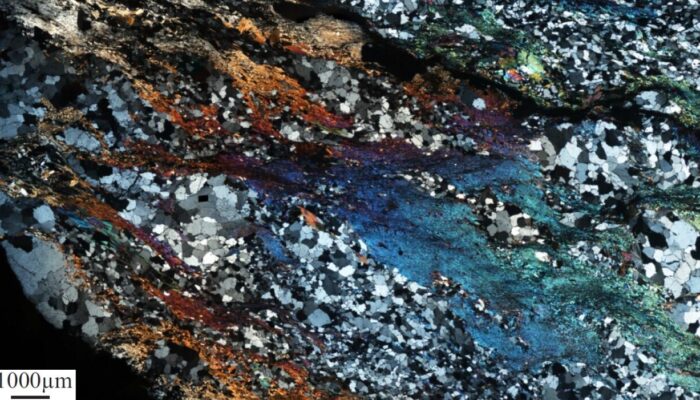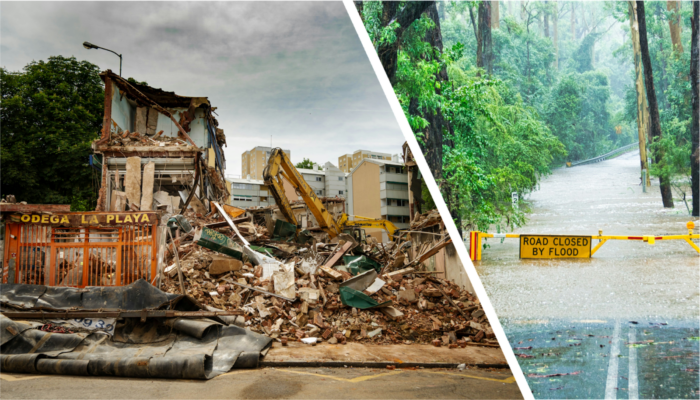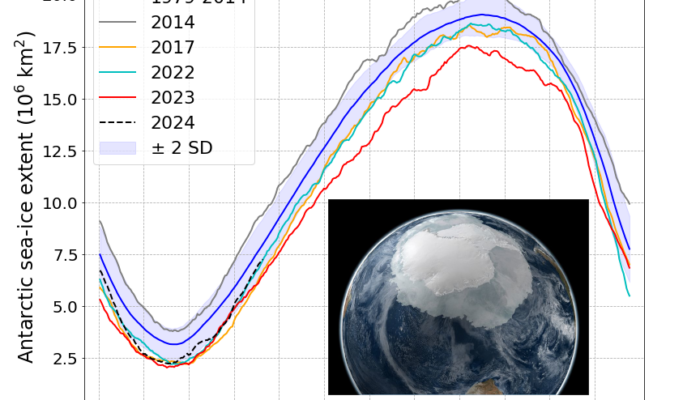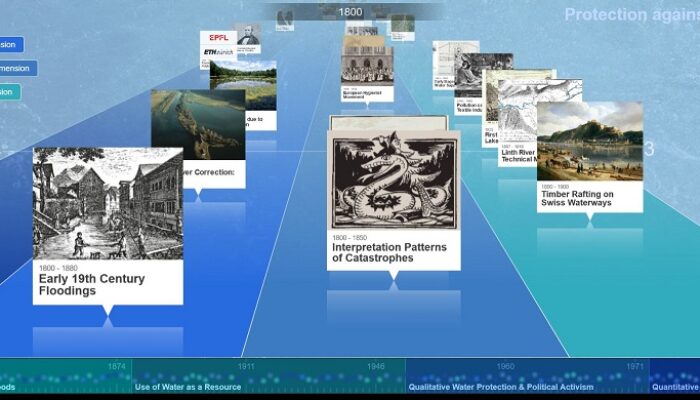Thank you all for the great EGU General Assembly (GA) this year! In case you missed EGU24 or some of the events we organised, here is a little recap. So you can stop wondering how it went and get an idea of what to look out for next year. In the Geodesy Divison, we had our kick-off, unlike the standard, with the online division meeting on Wednesday before the EGU24. There, we introduced our new me ...[Read More]
Hydrological Sciences
Do-It-Yourself (DIY) in Geoscience Miniseries – Part 3: Getting it all together – Cables, Breadboards and Circuit Boards
You got all your components for your project, so now it’s all about getting it all together. Then it’s great to be able to quickly exchange components and change wiring. That’s where a so-called “breadboard” comes in handy. It’s an easy to use device where you can connect microelectronic components without the need to solder anything. Breadboards are like pinboards for cables and microelect ...[Read More]
Geodynamics
Linking the Earth’s Engine and Landscape Formation and Evolution
The Earth’s internal engine drives several geodynamic processes such as continental rifting and dynamic topography, shaping mesmerizing landscapes. Through numerical modeling, insights into formations like the Continental Rift of Southeastern Brazil deepen our appreciation of Earth’s dynamic nature and the forces sculpting its surface. The heat engine beneath our feet Not so long ago, ...[Read More]
Hydrological Sciences
Using rainy day temperatures to predict the future of 100-year downpours
It’s hard to overstate the importance of so-called “rainfall frequency analysis,” or the estimation of rare rainfall probabilities such as the 100-year storm. Billions of euros worth of infrastructure and planning decisions are made every year around the world based on such statistics. Unfortunately, extreme short-duration rainfall—meaning very high rainfall rates over a few minutes to a few hour ...[Read More]
Climate: Past, Present & Future
Modelling the heat mitigation effects of blue roofs and green roofs to assess climate change adaptation potentials in dense urban environments
Urban areas often show higher temperatures than their surrounding rural areas, especially during heat events. This phenomenon is called the Urban Heat Island (UHI) effect. The magnitude of the UHI effect is expressed by the absolute temperature difference between the rural and the urban area and can reach more than 10 °C. During past decades, the magnitude of the UHI effect has intensified in many ...[Read More]
Geodynamics
Exploring rheology of Earth’s materials: The marvels of high-temperature high-pressure deformation experiments
The Earth, with its towering mountains, shifting tectonic plates, and dynamic geological processes, has always been a subject of fascination and inquiry for scientists. Amidst the vast array of scientific disciplines, one relatively small yet impactful field, known as experimental rock deformation, plays a crucial role in unraveling the mysteries hidden beneath the Earth’s surface. Though th ...[Read More]
Natural Hazards
Disentangling the complexity of multi-(hazard-)risks: conversations with Marleen de Ruiter, the EGU NH Division 2024 Early Career Scientist Award Winner
Marleen de Ruiter is Assistant Professor at the Institute for Environmental Studies (IVM), Vrije Universiteit Amsterdam. Her research focuses on multi- and consecutive disasters, improving modeling capabilities and understanding of multi-hazard risk and assessing the potential adverse impacts of Disaster Risk Reduction measures across different hazards. She manages the Myriad-EU project, co-leads ...[Read More]
Cryospheric Sciences
You thought it was over? Here’s more on the 2023 Antarctic sea-ice extent record low
In November last year (see this post), we promised to provide you an update of what happened with Antarctic sea ice during the year 2023 – a year of an exceptionally low extent. In this post, we try our best to discuss the conditions that lead to (part of) the recent loss in Antarctic sea ice, including atmospheric and ocean processes. How sea ice usually works… One of the ways scientists h ...[Read More]
Geodynamics
The Sassy Scientist – Scaling the Peaks of Academic Hierarchy: A PhD Expedition
This unstable weather and academia where PhD students are often treated like rare species – elusive, misunderstood, and occasionally overlooked in the grand canopy of academia – always bring me down: I can’t help but feel a bit under the weather (do not throw anything at me, pls). So John asks: Is it fair to exclude PhD students from staff activities and meetings, and how can I challenge thi ...[Read More]
Hydrological Sciences
Historical evolution of water management: the example of Switzerland over 200 years
How can we use and manage natural resources more sustainably? This question stands at the core of many social, political and scientific debates about how we can reach the United Nation’s Sustainable Development Goals (SDGs). The targets are ambitious, and there is a growing consensus that rapid and extensive structural change is needed in various sectors simultaneously. However, how transformation ...[Read More]

